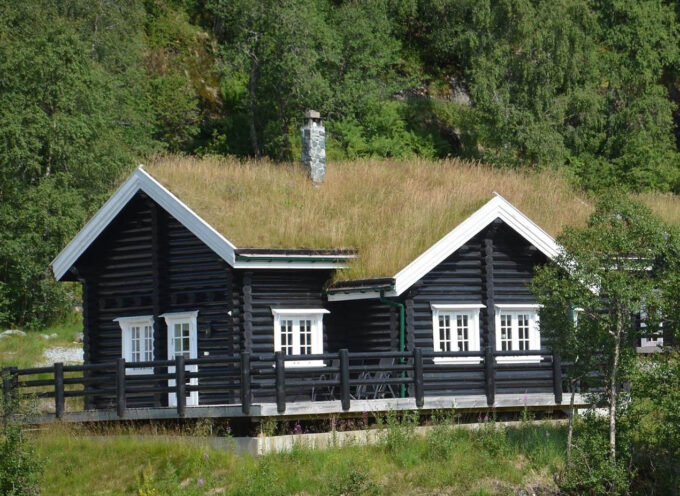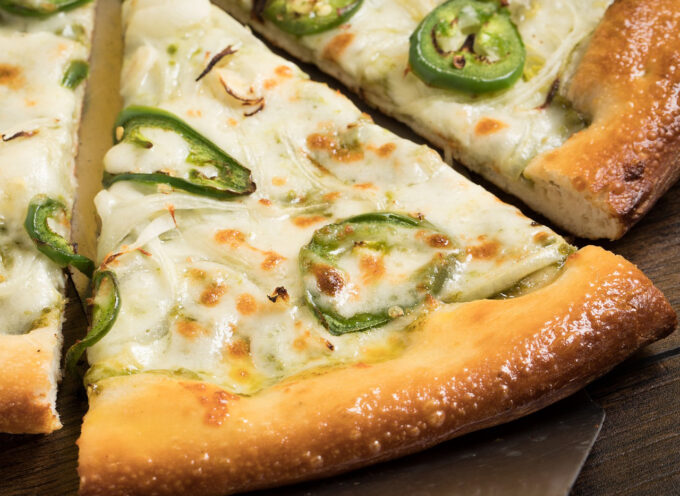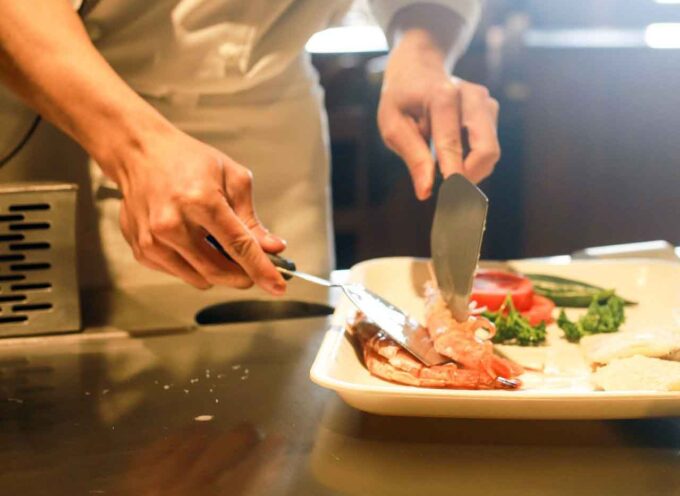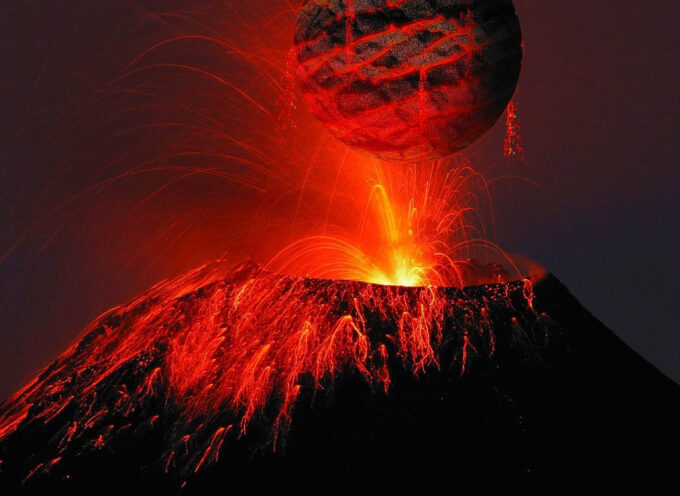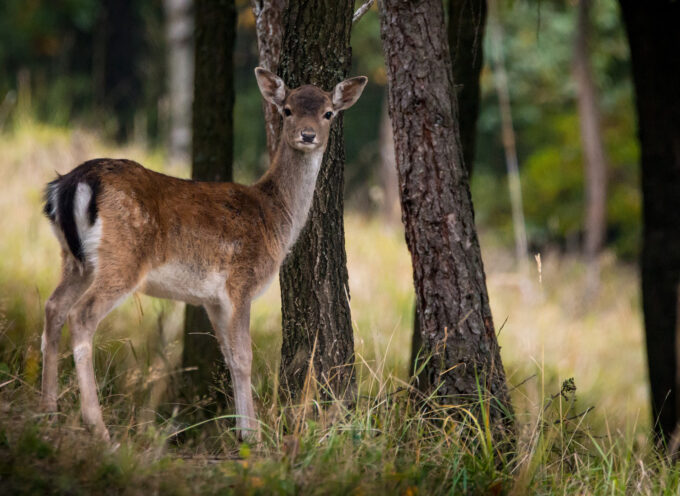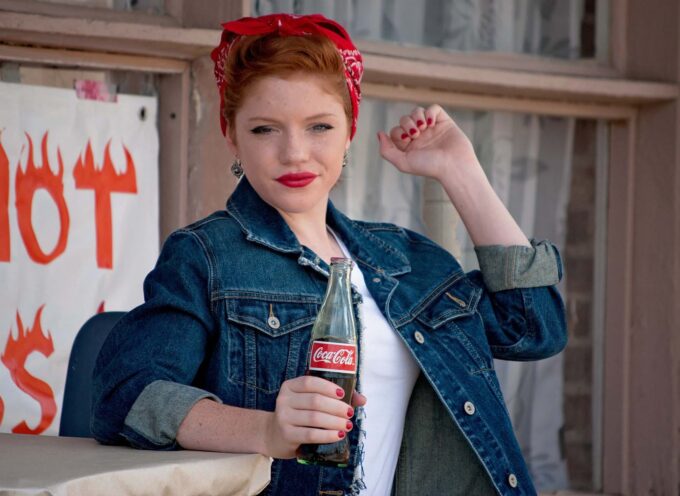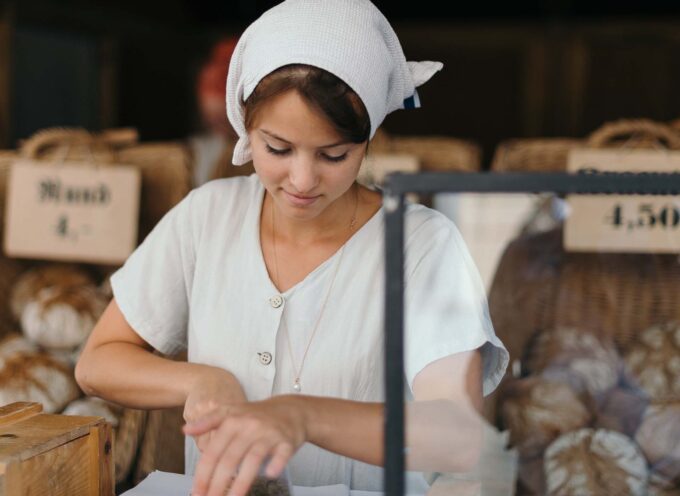Słownictwo do matury
house – dom flat/apartment – mieszkanie bungalow – dom parterowy detached house – dom jednorodzinny semi-detached house – bliźniak terraced houses – domki szeregowe block of flats – blok mieszkalny residential house – budynek mieszkalny bedsit – kawalerka studio – studio, kawalerka skyscraper – wieżowiec penthouse – apartament na ostatnim piętrze cottage – dom wiejski farmhouse – dom w gospodarstwie rolnym manor house – rezydencja wiejska, dworek mansion – rezydencja
Temat: �żywienie Zadanie maturalne Przeczytaj uważnie artykuł. Następnie odpowiedz na pytanie, zaznaczając odpowiedź właściwą, zgodną z treścią tekstu. Who is afraid of GMO (genetically modified organism)? Would you like to try some genetically modified soya? Probably not. Although no major health hazards concerning genetically modified food have been discovered and published by scientists since the genetic engineering techniques were developed, many people are very sceptic about both transgenical animals and
Breakfast – śniadanie scrambled eggs – jajecznica fried eggs – jajka sadzone cornflakes – płatki kukurydziane cereal – płatki zbożowe toast – tost honey – miód ham – szynka lunch sandwich – kanapka pancake – naleśnik omelette – omlet hamburger – hamburger mixed salad – sałatka mieszana tomato salad – sałatka z pomidorów dinner – obiad, kolacja (uroczysta) Supper – kolacja soup – zupa broth/ chicken soup – rosół vegetable
During your matura exam you can be asked to describ a visit to a restaurant or to talk about traditional Polish or English food. Below you will find vocabulary connected with food and drink, ways of cooking, ways of eating, etc. ways of cooking and processing food – sposoby gotowania i przetwarzania żywności cookery book – książka kucharska recipe – przepis ingredients – składniki to cook – gotować (np. obiad) to boil –
Earthquake – trzęsienie ziemi the earth moves/ trembles – ziemia drży warning signal – sygnał ostrzegawczy collapse – runięcie, zawalenie się epicentre – epicentrum to measure in Richter scale – mierzyć w skali Richtera Earthquake An earthquake starts when the blocks which make up the earth move up and down. When one piece of rock starts to rub on another with great force, a lot of energy is used. This energy is changed
Parts of animal bodies – części ciała zwierząt beak – dziób wing – skrzydło tail – ogon paw – łapa claws – pazury whiskers – wąsy hoof – kopyto fur – futro mane – grzywa scale – łuska fin – płetwa shell – skorupa Amphibians and reptiles – płazy i gady toad – ropucha frog – żaba lizard – jaszczurka salamander – salamandra snake – wąż viper – żmija Birds –
Spring is the most beautiful season, as nature comes back to life. Tulips, daffodils and pansies are still in their buds but they should blossom soon. Primroses and daisies are already in bloom turning their lovely petals to the sun. Deciduous trees haven’t got leaves yet but their twigs are growing stronger. In a few days birches, willows and poplars will look fresh and green. I love nature and I go to
During the matura exam you may encounter a task connected with a description of a person. For example, you can be required to describe people depicted in a picture or write a physical description of a person you know. Below you will find vocabulary connected with physical description. Age ane stages of life Childhood (Dzieciństwo) bib – śliniak bottle-feed – karmić z butelki carry-cot – nosidełko cot – łóżeczko dziecięce crib –
vegetarian cuisine – kuchnia wegetariańska to eat healthy food – odżywiać się zdrowo to change eating habits – zmienić sposób odżywiania to be on a diet – być na diecie well-balanced daily diet – pełnowartościowa dieta dzienna reach in protein – bogaty w białko lean meat – chude mięso fat-free food, non-fat foods – produkty beztłuszczowe light food – jedzenie lekkostrawne heavy food – jedzenie ciężkostrawne nutritious food – pożywne jedzenie nourishing
Człowiek, istota ludzka = human being Teenagers’ hobbies A hobby is a thing you love doing. You think about it most of the time and you can’t wait for the moment when you will be able to spend time doing your favourite thing. What are the most popular hobbies amongst teenagers? First of all – music. We love singing, dancing or listening to our favourite rhythms. Young people like going
Hello/Hi/Good morning/Good afternoon/Good evening. – Cześć/Dzień dobry (rano)/(po południu)/Dobry wieczór. How are you? – Jak się masz? I’m fine/OK, thanks/thank you. – W porządku/OK, dziękuję. This is Marta. – To jest Marta. This is my friend, Janek. – Tojest mój kolega, Janek. Nice to meet you. – Miło cię poznać. I’d like you to meet my best friend. – Chciałbym, abyś poznał mojego przyjaciela. a friend – kolega/koleżanka best friend
Zadanie Wybierz słowo z ramki i wstaw je w odpowiednią lukę. wear; think; have; for; talking; at; sure; can; is; learn Polish “new” schools Polish students will _____ (1) to cope with a new situation _____ (2) school from the beginning of this school year. They will have to ______ (3) uniforms to school! Here are two students and their parents talking about the changes: Tomek: At the beginning I thought it was the most
What is ecology? Ecology is the study of organisms and their relationship with their surroundings. Ecologists study the inter-action between an organism and its environment or habitat. Some ecologists study a specific species to see how they interact with other organisms and the environment. An ecologist can study many different species of course. There are many fields of ecology with lots of things still to be discovered. You are a Junior High
Have you ever thought about your future? I’m sure, you have. You may have thousands of ideas for your future job but if you’re not sure about your choice or if you still don’t know what to do, answer the questions below and check what your perfect job is. Good luck! You have some homework to do for next week. When do you do it? a. Straight away. b. During
When you go abroad, you want to do some shopping, don’t you? There are some things you have to know before you set off! First of all, you have to be aware that in countries where it’s very hot, most of the shops have siesta. In Spain and in Greece, for example, all the shops are closed from 2 pm till 5 pm. Drinks and food can be only bought
Free time in the city What do you do if you have a day or two off (wolne), and you have to stay in the city? Do you watch TV or play computer games? Or maybe you go to the supermarket? Oh, come on! There so much more to do in the city! That’s what you already know, isn’t it? But what to do to make your trip more interesting
You can’t forget about the holidays? You don’t feel like going back to school or maybe you are finally happy because you can start showing you’re the best? If you want to know what a new school year has in store for you, answer the questions below and read the description. 1. You want to look great at the New Year’s Eve party. What do you do? a. Nothing. It’s
EGZAMIN PISEMNY Temat: wiedza o krajach anglojęzycznych Matura tip (Wskazówka maturalna do zadań typu true/false) Rozwiązując tego typu zadanie, pamiętaj, aby zawsze przeczytać tekst pierwszy raz pobieżnie, po to tylko, by się zorientować, o czym jest. Nie przejmuj się, jeśli nie rozumiesz wszystkich słów – najczęściej w żaden sposób nie utrudnia to rozwiązania zadania! Teraz przeczytaj każde zdanie i dopasuj do niego odpowiedni fragment w tekście. Najczęściej zdania ułożone są
Przy remoncie domu… We are redecorating our cottage. We are trying to do a lot of things by ourselves so as not to spend too much money on services. We don’t need a glazier as my father knows how to fit glass into window frames. Painting seems to be easy so we probably will not need a painter. However, we will have to employ an electrician and a chimney sweep
Magda, 17 I hate the idea of school uniforms because I hate all forms of uniformization, making people think the same, wear the same clothes, listen to the same music. I hate articles about fashion which tell mean that this spring I should wear blue and I shouldn’t wear red. For me it is all slavery. Well, for the time being I haven’t been a slave – I always wear what I want. Now if school uniforms are obligatory,

